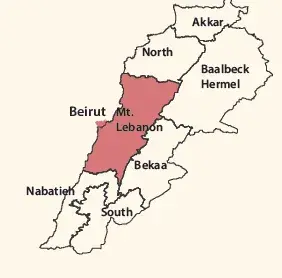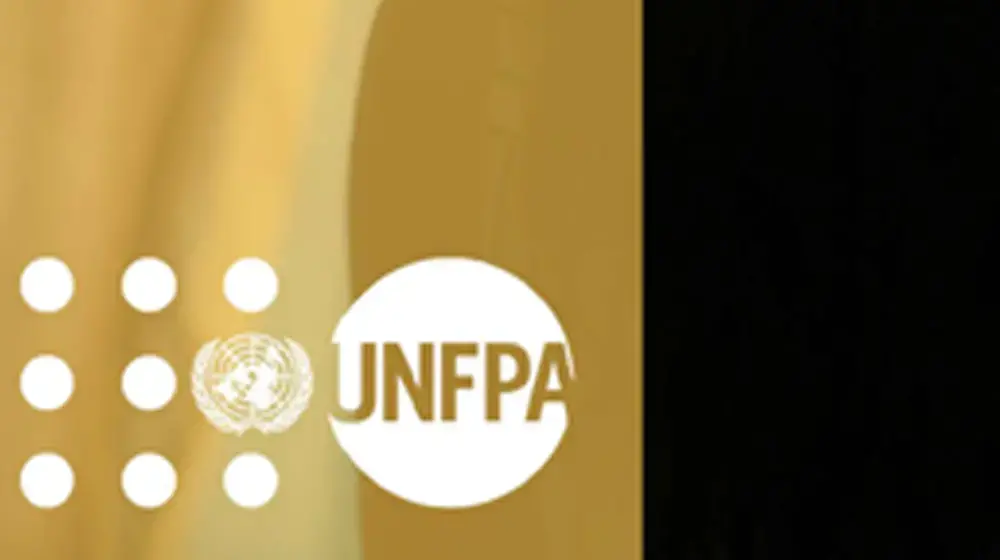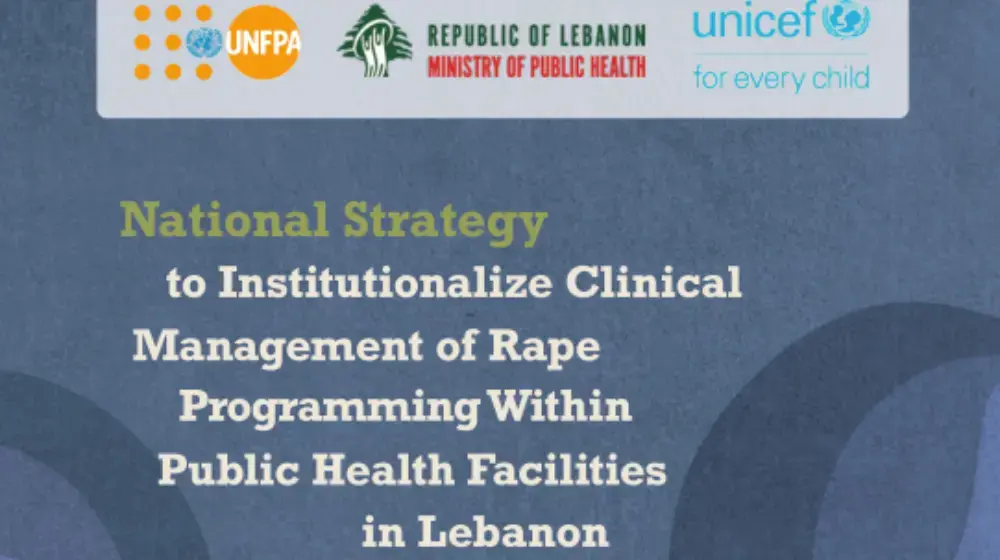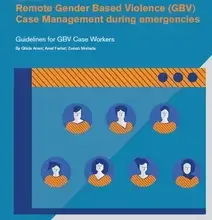Throughout the past year Lebanon faced a deterioration in its economic condition that resulted in the devaluation of the Lebanese pound, with estimates revealing that more than 55%1 of the country’s population is now trapped into poverty and struggling to meet primarily necessities. This is also the case of 89% of the Syrian refugee population who are living under the extreme poverty line2. This situation comes at a critical period as the country continues to report increasingly high numbers of COVID-19 cases leaving health systems and frontline workers overwhelmed. In addition, the Beirut port explosions, on August 4th, which caused large human and material losses, left thousands of people of all ages and nationalities, in particular vulnerable groups, affected with post-traumatic stress disorders and emotional traumas. Vulnerable groups at risk from the host community, namely female refugees, migrant workers, women in prostitution and persons that identify as LGBTIQ+, in particular transwomen, face higher risks in 2020 in comparison with previous years.
In light of these adversities, the annual GBVIMS report aims to provide a situational analysis on the impact of the socio-economic situation, COVID-19 pandemic and Beirut port explosions on the Gender-Based Violence (GBV) situation in Lebanon. The data reflected in this report is provided by thirteen (13) data gathering organizations that coordinate the GBVIMS through a National Steering Committee in Lebanon3. The analysis has been triangulated with other sources including protection monitoring reports, various technical sector’s data, surveys and impact assessments conducted in the period of this analysis.





